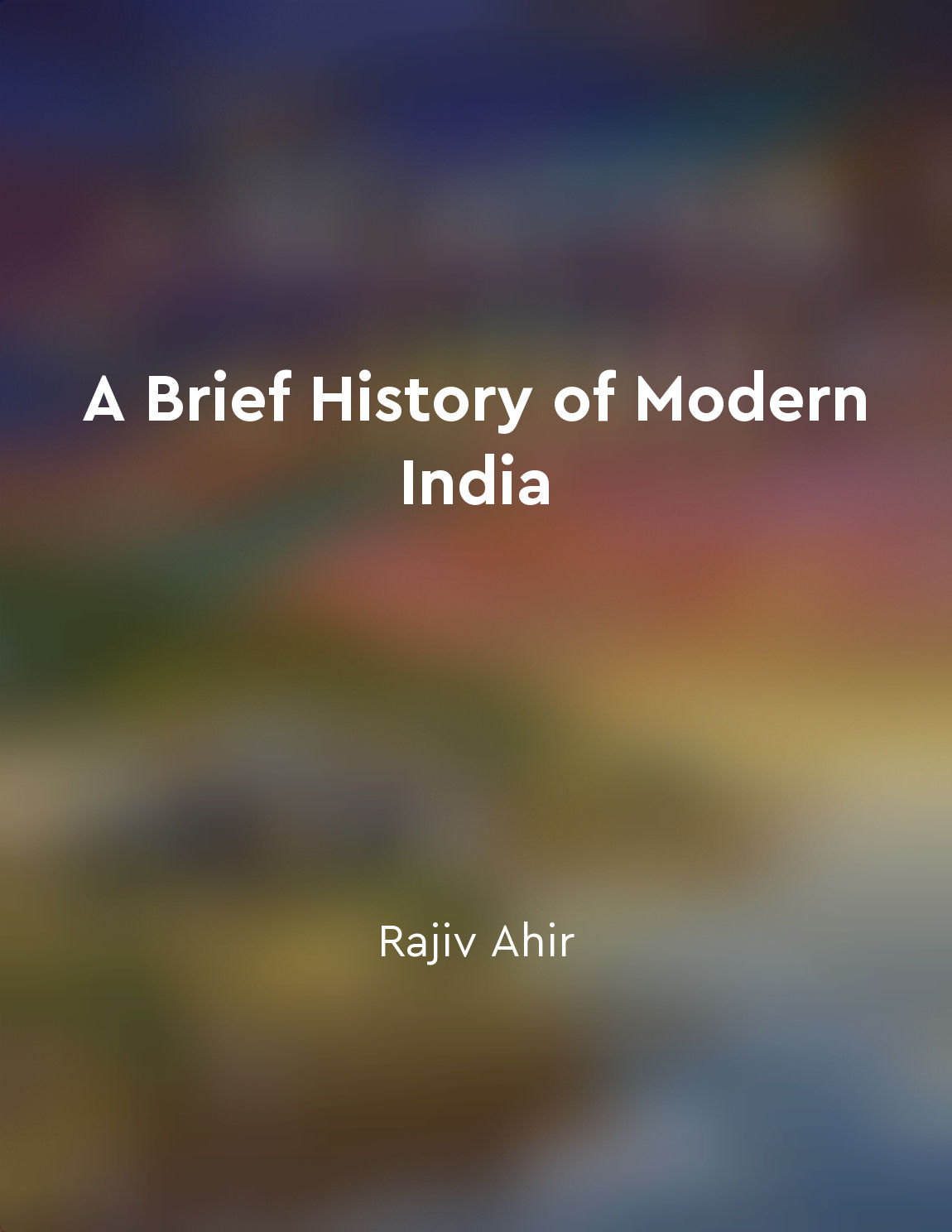Economic policies in independent India from "summary" of A Brief History of Modern India by Rajiv Ahir
After gaining independence in 1947, India faced the daunting task of rebuilding its economy and ensuring the prosperity of its people. The Indian leadership recognized the need for a comprehensive economic policy that would address the challenges of poverty, unemployment, and underdevelopment. The government under Prime Minister Jawaharlal Nehru adopted a mixed economy model that combined elements of socialism and capitalism. The economic policies in independent India focused on achieving self-reliance and reducing dependence on foreign imports. The government implemented various measures to promote domestic industries, such as industrial licensing, import substitution, and protectionist trade policies. These policies aimed to boost domestic production, create employment opportunities, and reduce the trade deficit. One of the key strategies of India's economic policies was the Five-Year Plans, inspired by the Soviet model of economic planning. The Plans set targets for industrial growth, agriculture, infrastructure development, and social welfare programs. The government invested heavily in sectors like heavy industries, power generation, and irrigation to stimulate economic growth and improve living s...Similar Posts
Business resilience became essential in a competitive market
In a fiercely competitive market, businesses in India had to develop resilience to navigate through challenges and stay afloat....

Nationalization of banks and industries
The concept of nationalization of banks and industries refers to the process by which the government takes control of certain k...
Nehru's leadership postindependence guided India towards progress
After India gained independence in 1947, Jawaharlal Nehru became the first Prime Minister of the country. Nehru's leadership wa...
The people's welfare should be the government's top priority
The primary duty of a government is to ensure the well-being of its citizens. This responsibility is not to be taken lightly, a...
Market fluctuations affected business stability
The business environment in India has always been influenced by market fluctuations, which have had a direct impact on the stab...
Kalam's belief in hard work resonated with many
Dr. A.
P.
J. Abdul Kalam's steadfast belief in the power of hard work struck a chord with numerous individuals across the nat...
